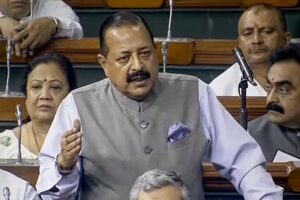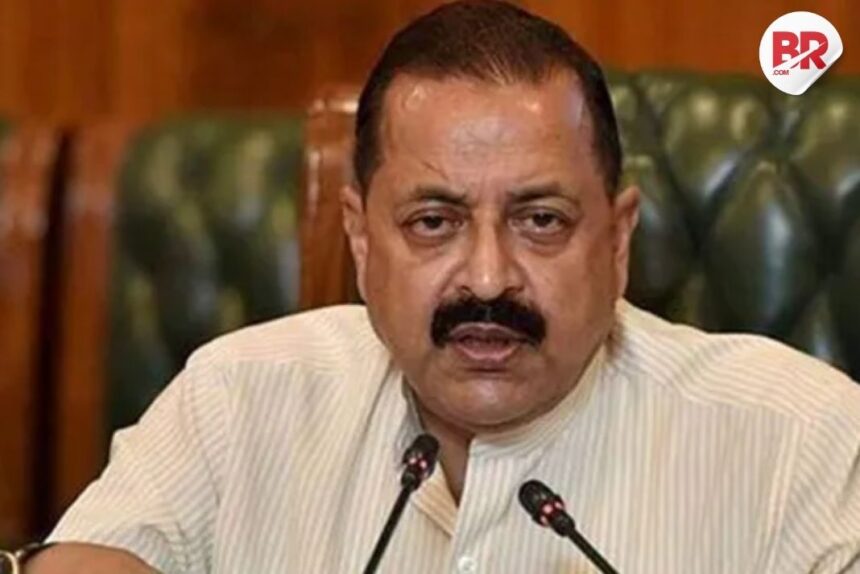
Central government employees in India can take up to 30 days of leave for personal reasons like caring for their elderly parents. This was confirmed by Union Minister Jitendra Singh during a session in the Rajya Sabha.
What Did the Minister Say?
In a written reply, Minister Jitendra Singh said that, according to existing rules, central government employees can use their earned leave for personal needs. One such reason can be to take care of elderly parents.


He referred to the Central Civil Services (Leave) Rules, 1972, which allows:
- 30 days of earned leave
- 20 days of half-pay leave
- 8 days of casual leave
- 2 restricted holidays per year
These leaves can be used for any personal reason, including family care.
About the Leave Rules
The Central Civil Services (Leave) Rules, 1972 came into effect on June 1, 1972, and apply to all central government employees—except railway staff and members of the All India Services, who follow different rules.
Types of Leave Available:
Here are the main types of leave:
- Earned Leave
- Half Pay Leave
- Commuted Leave
- Extraordinary Leave
- Leave Not Due
- Maternity/Paternity Leave
- Child Care Leave
- Study Leave
- Hospital Leave
- Special Disability Leave
- Seamen’s Sick Leave
- Departmental Leave
Employees also get casual leave, restricted holidays, compensatory offs, and special casual leave through special instructions issued by the government.
Leave is credited to employees’ leave accounts twice a year — on January 1 and July 1 — and is deducted when they take time off. However, some special kinds of leave do not get debited from the leave account.
Conclusion:
Central government employees have the flexibility to use their earned leave to care for elderly parents. This shows a more family-friendly approach in government policy, making it easier for employees to manage work and family responsibilities.












